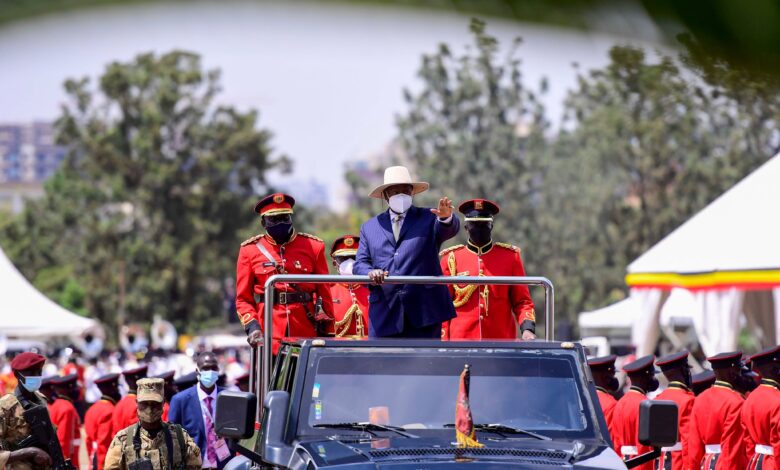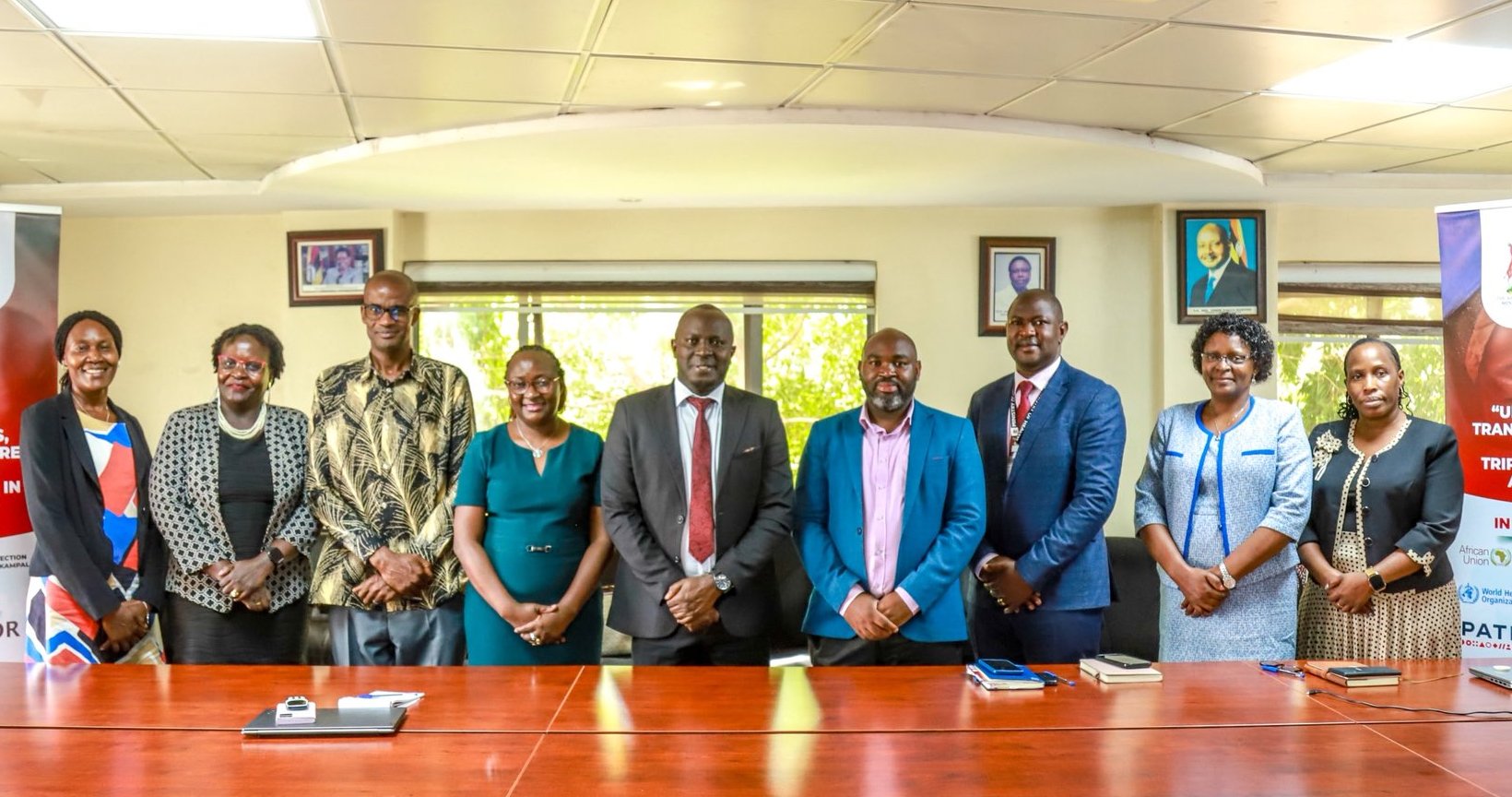East Africa can be a superpower – says Uganda’s Museveni
Some Ugandans wanted me to block rice from Tanzania because they sell it cheaply in order to “protect” the inefficient rice growers of Uganda.

Gen Yoweri Kaguta Museveni, the President of Uganda, is positive that a united East Africa can be a superpower just like India, China and others “if we integrate economically and politically, assisted, fortunately, by the Swahili language, which is part of the heritage of this area.”
The President’s assertions have come at a time when there is a renewed effort by East Africa Community (EAC) member states to achieve political federation and economic integration.
“Some of the political elite let down Africa in 1963 by frustrating that effort. If the East African Federation had been launched in 1963, you can be sure that Idi Amin would have never taken power in Uganda,” he said.
“If we had achieved that by 1963 like our elders had intended, this part of the world would be very far,” he added while speaking at Uganda’s 60th Independence Day celebration at Kololo Ceremonial Grounds in Kampala.
After it fell collapsed in 1977, the EAC, revived in 2000, struggled to achieve some of its key and important objectives even when it 2010 launched its own common market for goods, labour, and capital.
But even with a common market in place, trade between member states, which have since expanded from the original three (Kenya, Uganda and Tanzania) to six, including Rwanda, Burundi, South Sudan and DR Congo, continue to face Non-Tariff Barriers and protectionism.
“Some Ugandans wanted me to block rice from Tanzania because they sell it cheaply in order to “protect” the inefficient rice growers of Uganda. I could not accept such blindness,” the president.
Adding: “The other blindness is that you should remember that if you block Tanzanian rice, Tanzania will also block something else from Uganda.”
External parasite groups
The president said external parasite groups oppose value-addition efforts so as to frustrate industrialization efforts in East Africa and are always importing everything from outside, including trivialities like dead people’s hair. It is these processes, that have stunted Africa’s growth, he said.
He added: “We discovered that to create prosperity for our people through the production and sale of goods and services, we need to emphasize the four principles; Patriotism, Pan-Africanism, Social Economic Transformation, and Democracy,”







